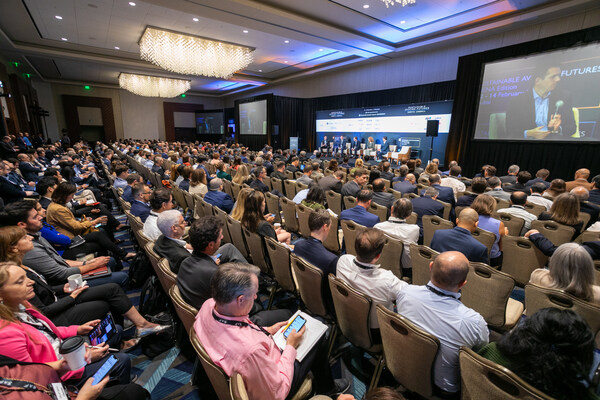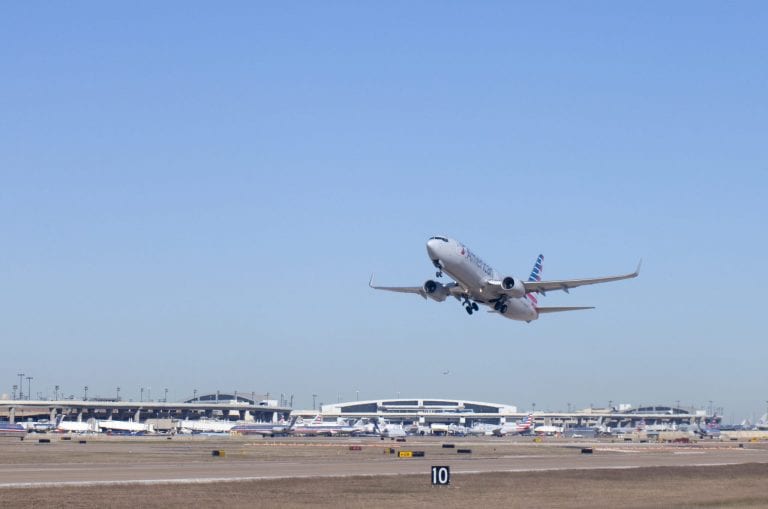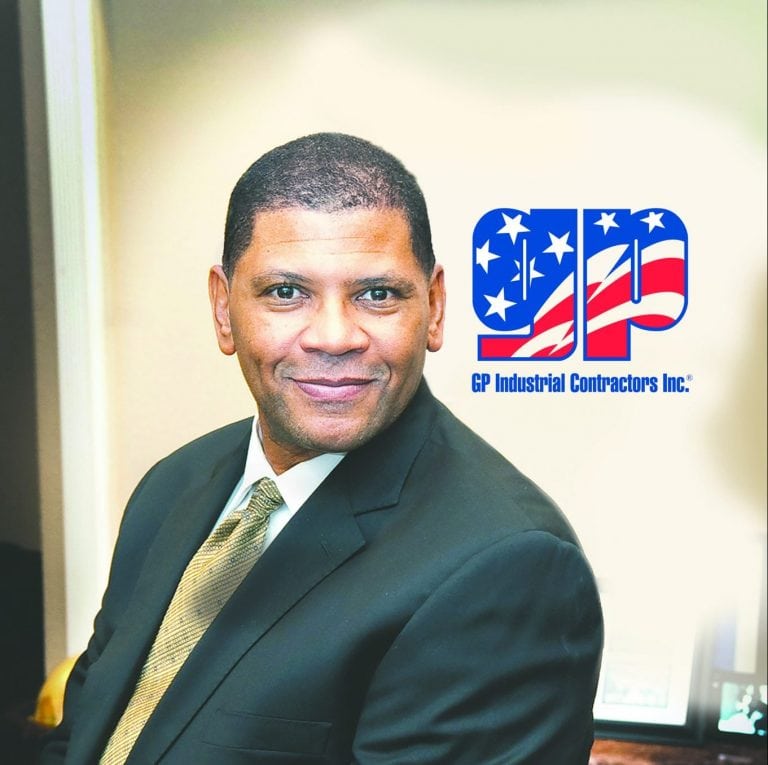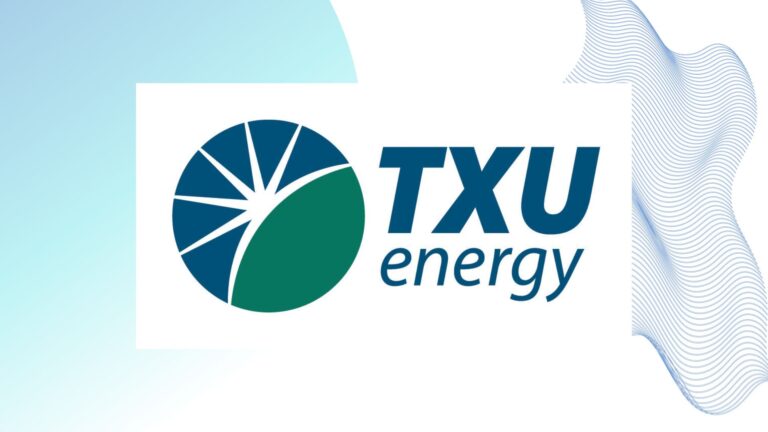
By Subcontractors USA News Provider
The U.S. Department of Labor has filed suit against an Austin luxury car dealer for terminating an employee who warned managers and other co-workers about potential coronavirus hazards in the workplace.
The action follows an investigation by the department’s Occupational Safety and Health Administration that found Hi Tech Motorcars LLC, Hi Tech Imports LLC and Hi Tech Luxury Imports LLC violated the Occupational Safety and Health Act when it retaliated against the worker in December 2020.
After learning a co-worker had tested positive for coronavirus, the employee requested that management notify other employees immediately of their risk of exposure. When management did not take action, the employee sent an email to all company employees about the potential hazards. Less than an hour later, the employer terminated the employee.
OSHA found the employee exercised their legal rights under section 11(c) of the OSH Act, and that the termination was illegal. In its filing in U.S. District Court for the Western District of Texas, Austin Division, the department seeks reinstatement, lost wages and benefits resulting from the termination, reimbursement for costs and expenses, compensatory damages, and exemplary or punitive damages.
“No worker should ever fear losing their job for raising workplace safety and health concerns,” said OSHA Regional Administrator Eric S. Harbin in Dallas. “OSHA’s investigation and U.S. Department of Labor’s action in this case show we will enforce these protections vigorously.”
“This employee acted out of real concern for their safety and that of their coworkers, and their actions are protected under federal law,” said Regional Solicitor of Labor John Rainwater in Dallas. “The law also protects whistleblowers from retaliation by their employer and holds employers accountable when they do.”
OSHA’s Whistleblower Protection Program enforces the whistleblower provisions of 25 whistleblower statutes protecting employees from retaliation for reporting violations of various workplace safety and health, airline, commercial motor carrier, consumer product, environmental, financial reform, food safety, health insurance reform, motor vehicle safety, nuclear, pipeline, public transportation agency, railroad, maritime, securities, tax, criminal antitrust, and anti-money laundering laws. For more information on whistleblower protections, visit OSHA’s Whistleblower Protection Programs webpage at www.whistleblowers.gov.
For more information, please visit osha.gov.
Note: The U.S. Department of Labor does not release the names of employees involved in whistleblower complaints.
Source: US Dept. of Labor Occupational Safety & Health Administration







